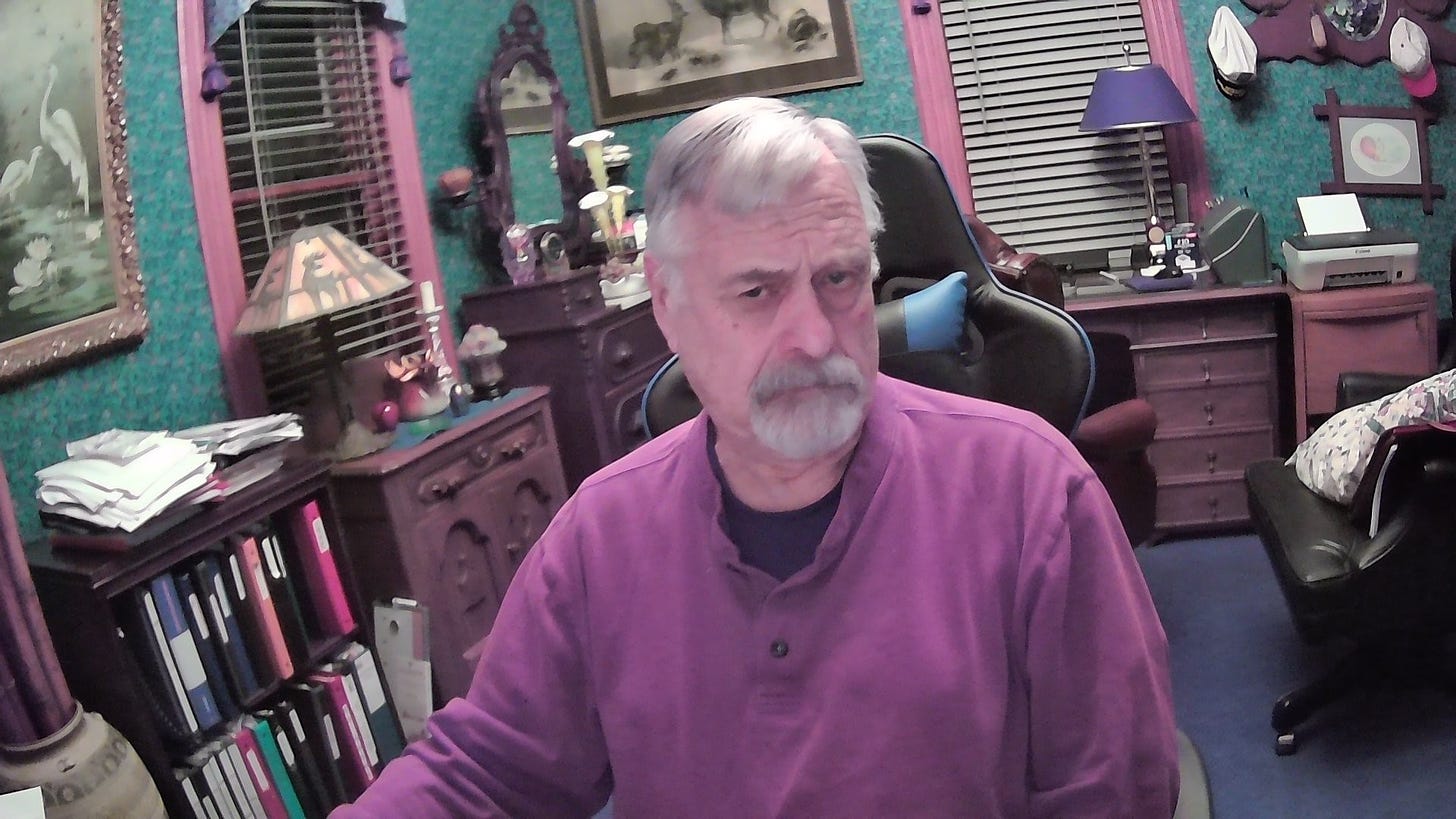Folklore tells us that old people are unreasonable. This is not usually, however, a form of cognitive impairment. For reasonableness, in our dealings with others, is more often than not a result of ambition rather than old age or even virtue. That is, we go all out to make ourselves appear reasonable when we are cultivating supporters to advance our ambitions.
Since older folk cannot, I fear, become slaves to ambition (there is simply not enough time), it is reasonable, for them to be unreasonable, of perhaps we should say a bit too honest.
When you are old you say what you think, not what others want to hear. This could prove useful, if people can shake the habit of only following advice with which they agree, that is the advice of reasonable people.
Perhaps this is another reason why people become increasingly uncomfortable around the elderly, i.e. the “well-seasoned.” More life experience does often contribute to less conventional ways of seeing the world. That is, with time, many people overcome the biases that psychologists see as limiting our understanding, especially confirmation bias.
Succinct definition: the tendency to hold on to our preexisting beliefs and opinions in the face of new information that we mentally process as “confirmation” of these conventional ways of thinking.
This is reason #27 why older people are welcomed into retirement and judged by their peers as, well, unreasonable.




I wonder if much of this has to do with a loss of concern for impressing others. I've come to think many people who call themselves "introverts", are in fact people who wear their masks around others. They play a role to along with others or situations (at least in their estimations). If such persons talk about their pasts, it's quite likely that there's some kind of abuse there. This is often in childhood and can be later too. I think what we find is that it's a lot of work to play a role. They often retreat to solitude to recharge. It's no wonder we are freed up to be ourselves in later years.